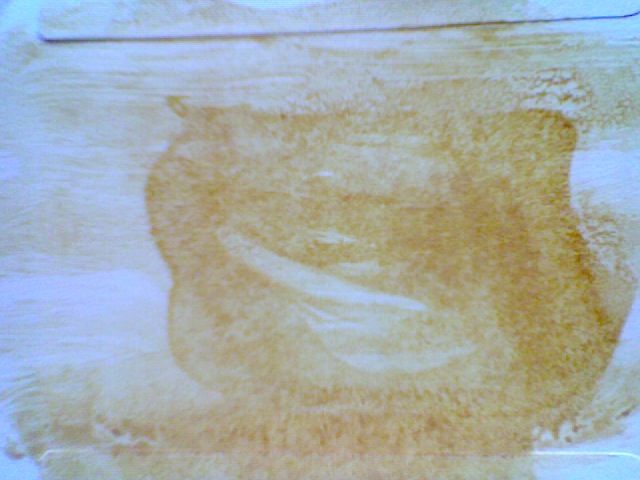Algorithmic Frothing
Kenneth Goldsmith on "conceptual writing" (here):
conceptual writing is more interested in a thinkership rather than a readership. Readability is the last thing on this poetry’s mind. Conceptual writing is good only when the idea is good; often, the idea is much more interesting than the resultant texts.
And yet . . . there are moments of unanticipated beauty, sometimes grammatical, some structural, many philosophical: the wonderful rhythms of repetition, the spectacle of the mundane reframed as literature, a reorientation to the poetics of time, and fresh perspectives on readerliness, but to name a few. For an ethos claiming so much valuelessness, there’s a shocking amount of beauty and experience to be siphoned from these texts.
When is an idea "good"? It doesn't seem to matter! The "ideas" he cites can be primitive or arbitrary -- alphabetization, anagrams, and transcription are big ones. Notice his recourse to "unanticipated beauty". Constraints are constraints -- anagrams, algorithms, etc. no different from meters & rhymes &tc. Why not replace "thinkership" w/ "tinkership" -- intervention w/aim to maximize & capitalize on "moments of unanticipated beauty". Non-interventionalism can produce "boring boring" work no matter what the idea is!
Um, philosophical beauty?
And why the fetish for the annihilation of choice ("mind the machines")?
Then he quotes Christian Bök:
We are probably the first generation of poets who can reasonably expect to write literature for a machinic audience of artificially intellectual peers.
Who are you calling artificially intellectual, Christian?

No comments:
Post a Comment